On a Friday afternoon at the Nashville Zoo, the Tennessee Environmental Council (TEC), Wild Ones (Middle Tennessee Chapter), and zoo staff united for a hands-on advocacy effort to support pollinator conservation and environmental education. Volunteers packed native wildflower seeds from TEC’s Pollinator Conservation Mix—carefully curated to support bumble bees—into packets destined for Sumner County schools. This collaborative initiative advances habitat restoration, community engagement, and youth environmental stewardship, demonstrating how small actions can drive big change for Tennessee’s native ecosystems.
I took a long lunch to attend an event on a Friday afternoon in October, hoping to see for myself how kindred spirits in Nashville come together for native planting and habitat preservation.
The event took place at Nashville Zoo in Nashville, Tenn. Employees took 20-minute work breaks to join an assembly line, carefully measuring tiny cups of a special bee-friendly seed mix, and tucking them into little manilla envelopes, bound for Sumner County, TN Schools.
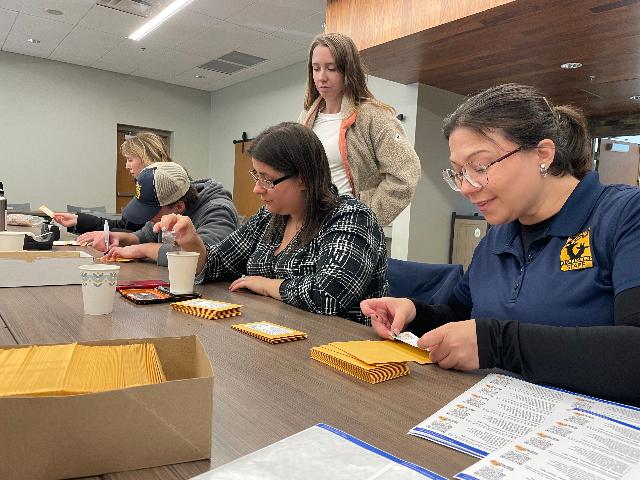
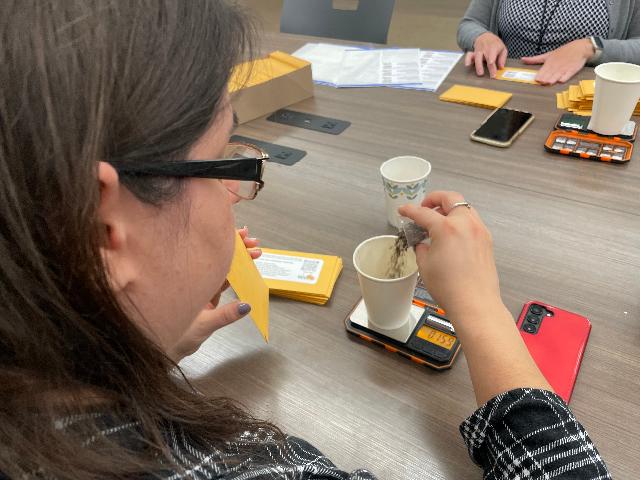
At the table were members of the Tennessee Environmental Council (TEC). They brought buckets of carefully harvested and sorted native plant seeds to amplify outreach and education about preserving and expanding native Tennessee places. Monika Pretz, PhD, Pollinator Program Leader with TEC said today’s tiny seeds of varying shapes, colors and “hairiness” make up what TEC calls the Pollinator Conservation Mix.
“It’s a new bumble bee wildflower mix with mainly purple flowers we especially use in school gardens,” said Pretz.” We noticed the bumble bees love this dominantly purple mix of flowers.”
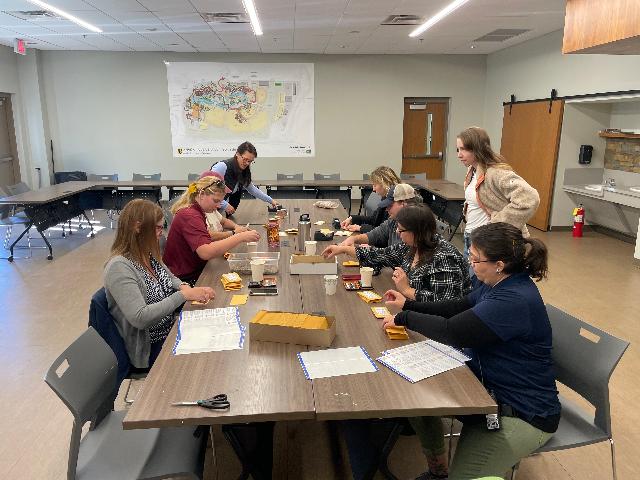
TEC’s Pollinator Program relies on community organizations and volunteers in every step of their process. “We already have 50 gardens that we created, and we manage about 40 of those with the help of volunteers. Volunteers can be the public signing up for our events, or coming from corporate partners, like Amazon Supply which does this very often. If there is a conference in Nashville, corporate partners come in and create a garden as an activity the conference goers can do.”
Partners like Nashville Zoo are a natural source of volunteers for events like today’s seed packing. There is already a pollinator program to promote and support native habitats on zoo grounds. Olivia LaGrand, lead Avian Keeper at the Zoo, is also a lead in the Zoo’s Pollinator program. She helped organize the event with TEC.
“It’s getting involved with other organizations that have the same goals – trying to help with conservation. A lot of what we do at the Zoo is focused on exotic species. It’s just kind of cool to do something right in our own backyard that actually helps all of us too.”
Everyone I spoke with at the table works native plants into whatever field, yard, or porch planter they have access to at home. Call them plant nerds, or geeky environmentalists, but they understand natural places are where everything makes a home and a meal in and of everything else. Native plants are essential for this cycle.
“Everybody that works here has a passion for this kind of stuff, that’s a big part of what we do here is try to educate and promote these kinds of programs,” LaGrand said. “The cool thing is part of what we packed today actually was an order from Sumner County schools. So, you know we’re helping with the younger generation being able to understand why these plants are important and get excited about wanting to plant them in their yard and things like that so that I think is really cool for us.”
Tiffany Baker, pollinator program assistant with TEC, came to this event from working with Middle Tennessee Wild Ones, helping them prep for their annual Fall native plant sale. Tiffany is new to this job with TEC, but like the others here, her passion for habitat conservation runs deep.
“It’s great to go work in a dormant garden, then later come back and see it in full bloom with bugs and toads and lizards, to see the native species,” Baker said. “I just like seeing my direct impact. Nature is so delicate, and I appreciate it even more with climate change. I want to see the change in the world with projects like these, and why not do something to help make it happen.”
This event helped me see what can be difficult to imagine. How and where native habitats get dispersed outside my own yard. Blooms that will blow up this spring in Sumner County school yards are traced back to these hands at this table today. From TEC’s curated buckets, to little manilla packets, these precious native species progeny are destined to become native Tennessee blooming plants that will, in turn, be nurtured by young hands in Sumner County who want to support Tennessee’s wildlife. But that’s just part of the goal. These geeky plant nerds get to enjoy a little time among kindred spirits, helping each other along a pipeline they hope may also grow some more nerdy environmentalists along the way.
TEC’s BUMBLE BEE SEED MIX
Suitable for sites with soils ranging from dry to mesic and has a higher percentage of purple flowers and no grass seeds.
Height: 3-4 feet
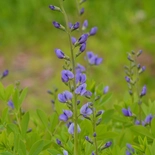
Blue Wild Indigo(Baptisia australis)
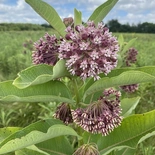
Common Milkweed(Asclepias syriaca)
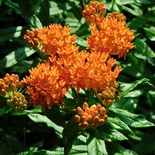
Butterfly Milkweed(Asclepias tuberosa)
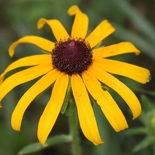
Blackeyed Susan(Rudbeckia hirta)
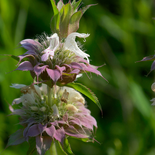
Lemon Beebalm(Monarda citriodora)
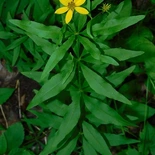
Greater Tickseed(Coreopsis major)
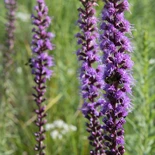
Dense Blazing Star(Liatris spicata)
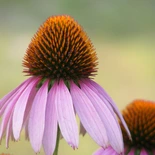
Eastern Purple Coneflower(Echinacea purpurea)
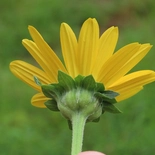
Smooth Oxeye(Heliopsis helianthoides)
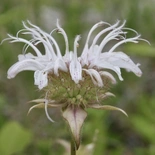
Eastern Beebalm(Monarda bradburiana)
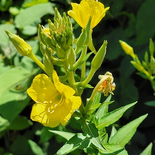
Common Evening Primrose(Oenothera biennis)
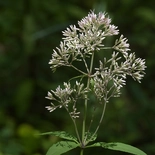
Sweetscented Joe Pye Weed(Eutrochium purpureum)
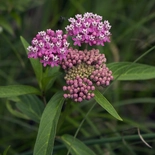
Swamp Milkweed(Asclepias incarnata)
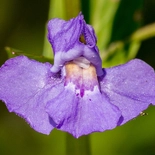
Allegheny Monkeyflower(Mimulus ringens)
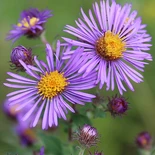
New England Aster(Symphyotrichum novae-angliae)
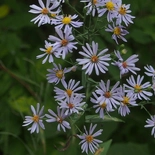
Smooth Blue Aster(Symphyotrichum laeve)
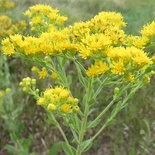
Stiff Goldenrod(Oligoneuron rigidum var. rigidum)
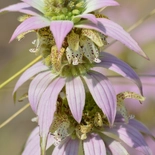
Spotted Beebalm(Monarda punctata)
2024 Generate Some Buzz Wildflower Seeds & Signs – Tennessee Environmental Council
